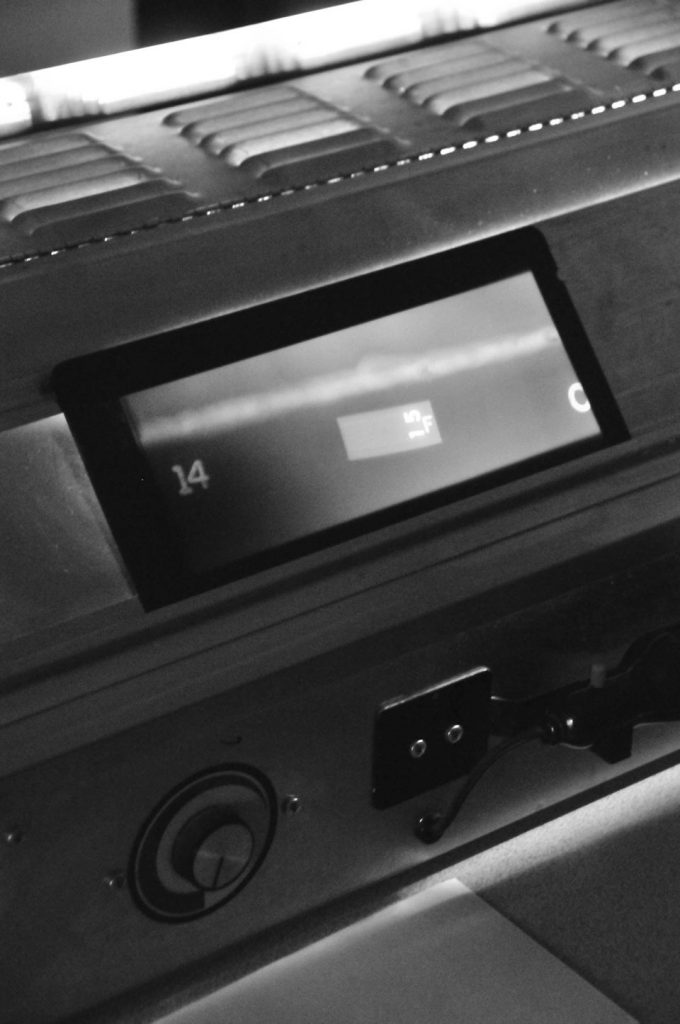Industrial radiographic testing (RT) is comparable to medical radiography. It consists of passing a beam of ionizing rays (X-rays or gamma rays) through a part to recover the image on a radiographic film which, after development, will provide a negative image of the part examined.
The variation of ionizing radiation density on the exposed film exposes the defects. This method is widely used in industry, because the radiographic film generates a test document that can be archived.
At Inspections Thermetco, we serve our clientele with 30 years of experience in this field and modern equipment, such as gamma ray projectors (Iridium 192 and Cobalt 60) and X-ray tubes. We also have a radiography room on our premises, allowing us to inspect various parts quickly and safely.
Radiographic testing also allows measurement of the wall thickness of most materials. This method is used to measure losses of thickness by corrosion and erosion. The presence of insulation does not limit the inspection in any way.
This inspection method applies to all materials:
• carbon steel and stainless steel
• light alloys (aluminium, magnesium, titanium, etc.)
• nickel and cobalt alloys
• concrete and reinforced concrete
Radiographic testing is easily portable when using gamma rays.
Typical applications:
• moulded parts (fissure, piping, inclusion, porosity, segregation, etc.)
• forged parts (crack, fissure, piping, lapping, etc.)
• laminated, drawn and extruded products (segregation, inclusion, lapping, crack, etc.)
• heat treated parts (crack)
• welded parts (fissure, lack of fusion, lack of penetration, porosity, inclusion, etc.)
• parts in service (fatigue crack)
• thickness measurement of pipes (with or without insulation)
• inspection of pipes for erosion and corrosion
• inspection of blocked pipes and valves
• inspection of concrete slabs (reinforcement, electric wire, pipes, etc.)

